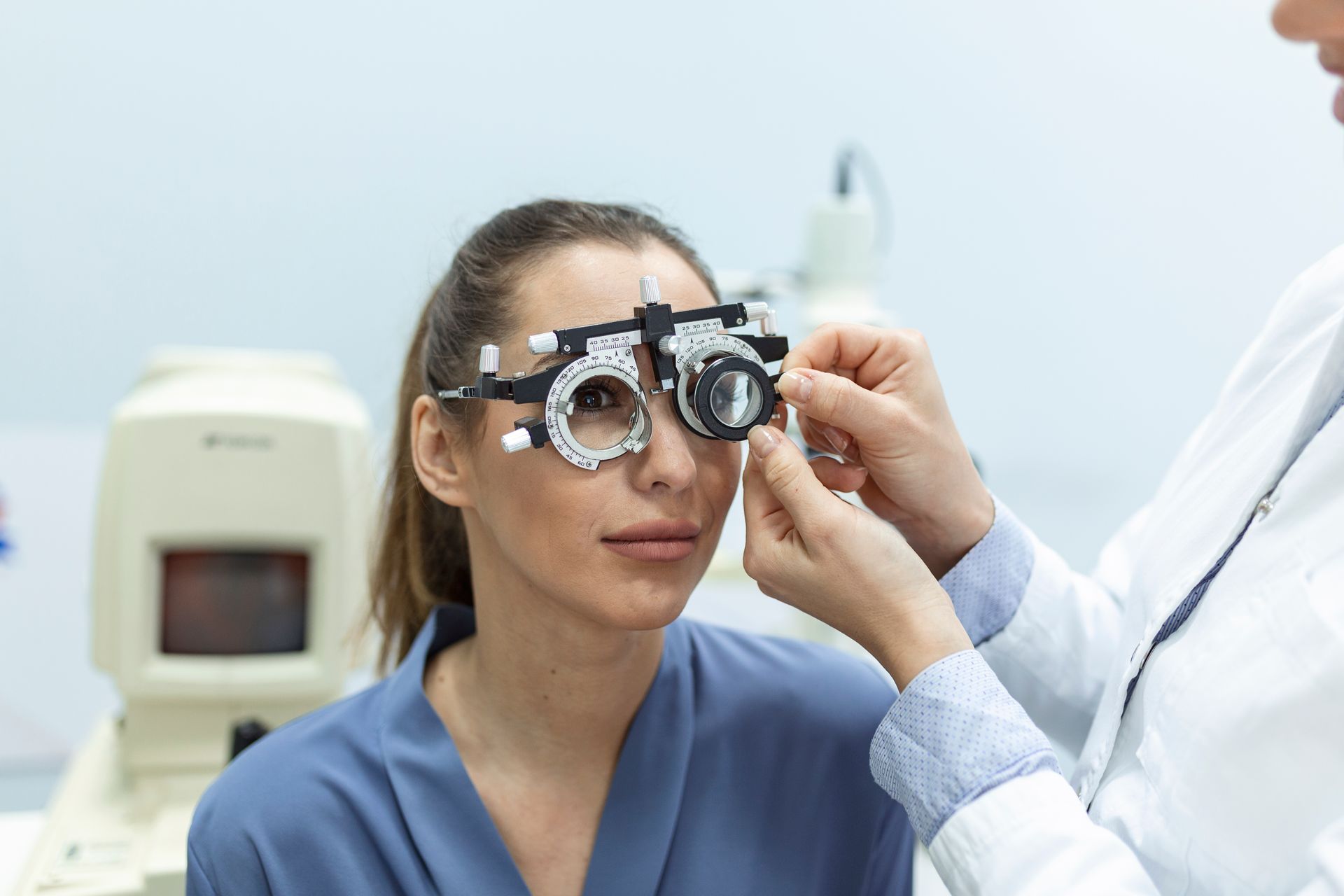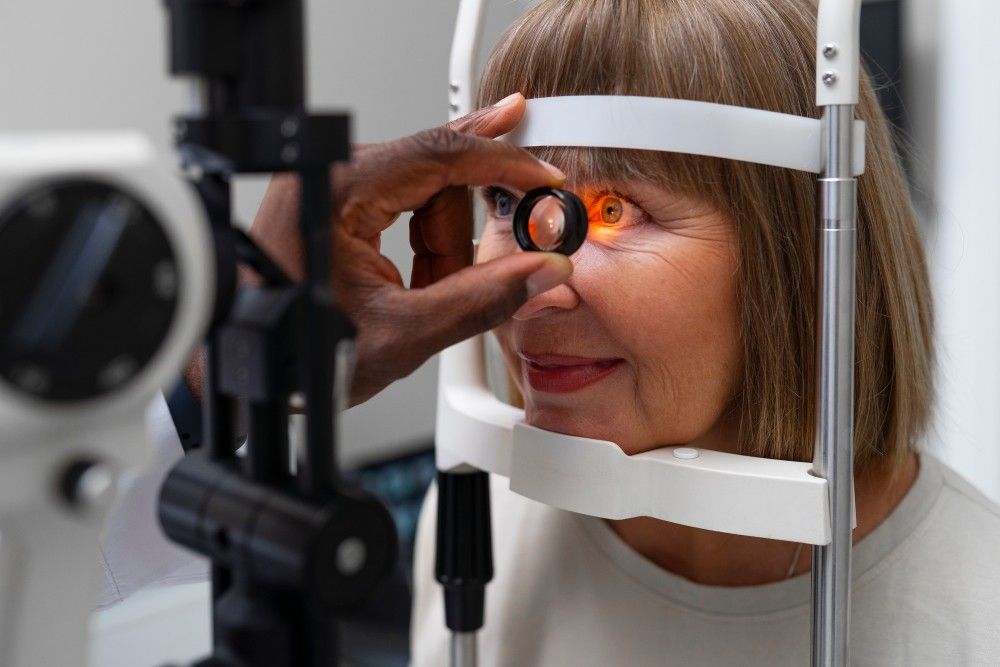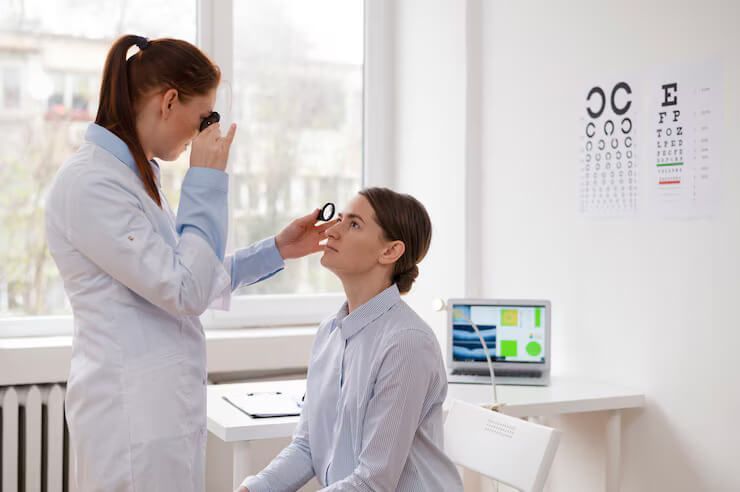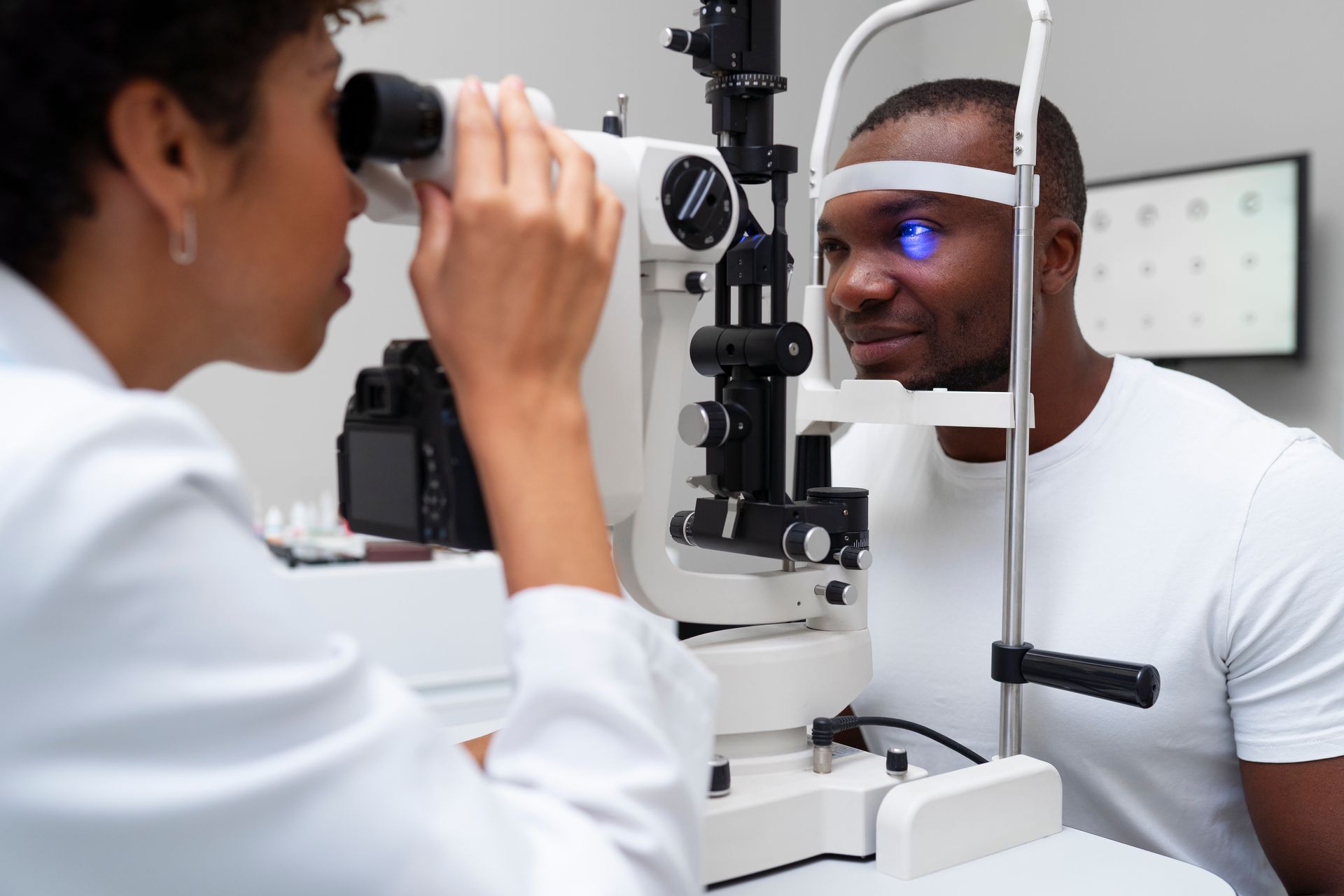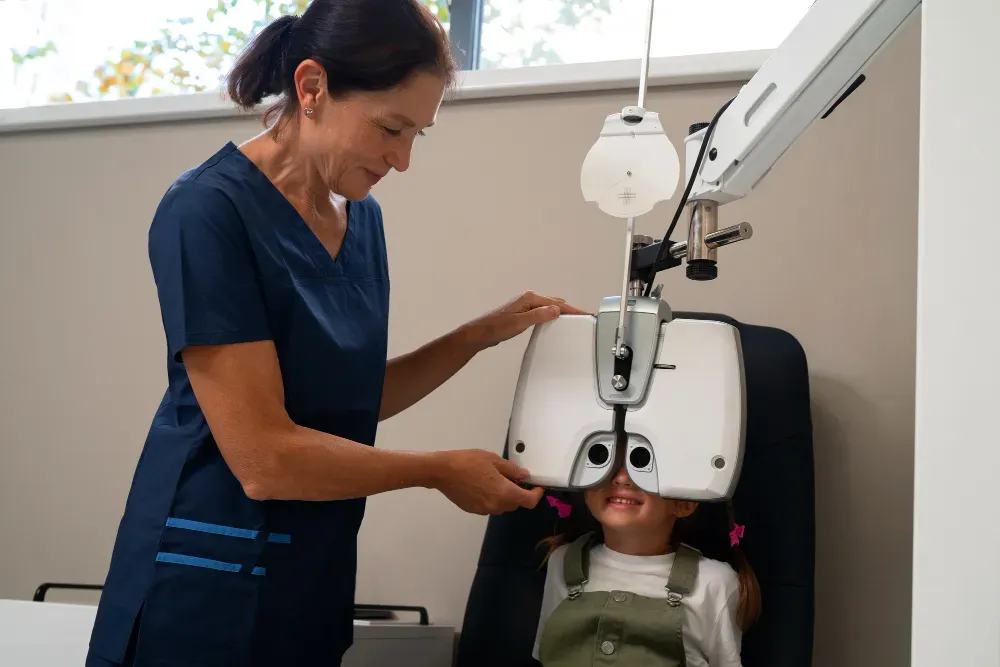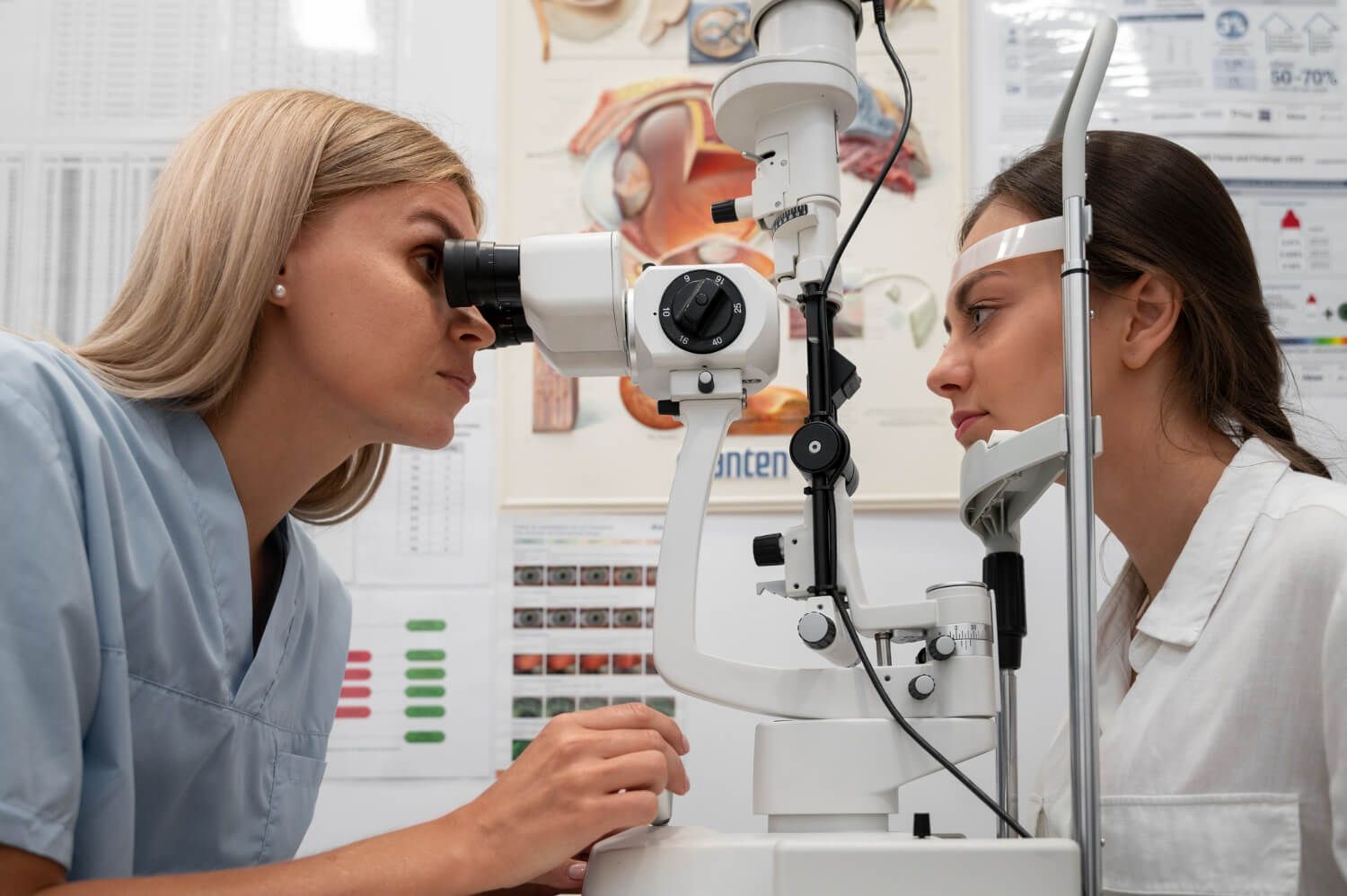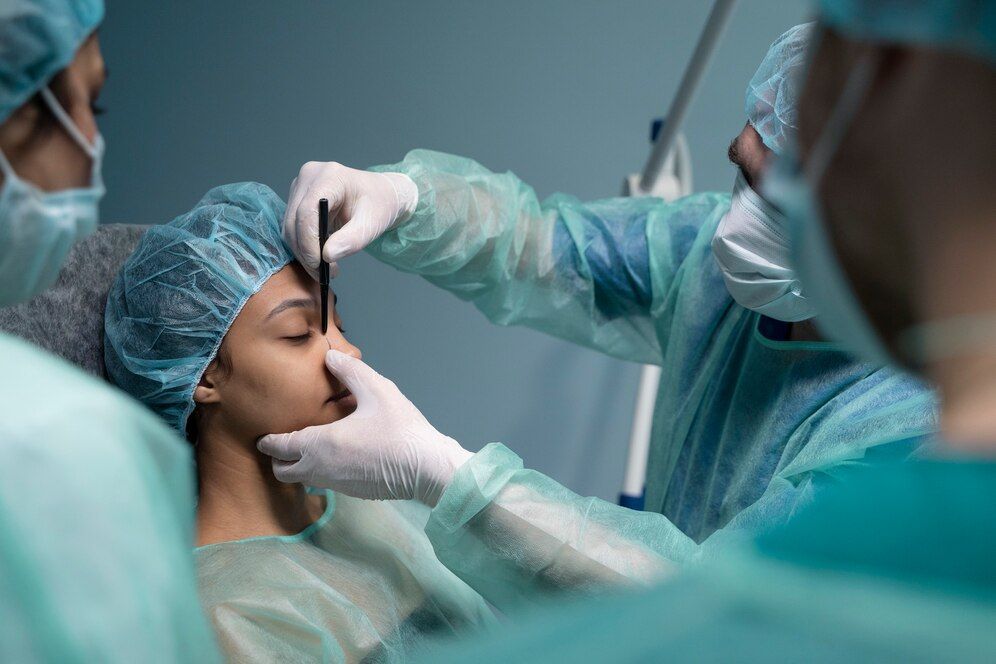Regain Clear Vision with Cataract Treatment

Are you experiencing blurry vision or difficulty seeing in low light conditions? You may have cataracts. Cataracts are a common eye condition that affects millions of people worldwide, especially as we age. The natural lenses in our eyes can become cloudy, leading to a decrease in vision quality. But don't worry, cataracts are treatable, and modern medical advancements have made the process of treating cataracts safe and effective. At Hill Country Eye Center in Austin, Texas, we specialize in treating cataracts and restoring clear vision to our patients.
So, how are cataracts treated? In this blog post, we'll explore the different treatment options available for cataracts and what to expect during the cataract surgery process.
What are Cataracts?(Simple Explanation)
Cataracts occur when the natural lens in the eye becomes cloudy, leading to blurry vision, glare, and difficulty seeing in low light conditions.
Cataracts can be caused by a variety of factors, including age, genetics, UV exposure, and certain medications.
Treatment Options for Cataracts in Austin
Cataract surgery is the most
effective treatment for cataracts. It is a safe and minimally invasive procedure that involves removing the clouded natural lens and replacing it with an artificial intraocular lens (IOL). At Hill Country Eye Center, we offer both traditional cataract surgery and laser-assisted cataract surgery.
Traditional cataract surgery involves making a small incision in the eye and using ultrasound technology to break up the cloudy lens. The broken-up lens is then removed, and an IOL is implanted in its place. Laser-assisted cataract surgery uses a femtosecond laser to create the incision and break up the lens. This type of surgery is more precise and may result in a faster recovery time.
How Cataract Treatment Can Improve Your Quality of Life
Cataract surgery can significantly improve your quality of life by restoring clear vision. With clearer vision, you can enjoy a more active lifestyle, participate in activities that require good vision, and reduce the risk of falls and injuries due to poor vision.
What to Expect During Cataract Surgery
Cataract surgery is a relatively quick outpatient procedure. Prior to surgery, you will receive numbing eye drops to minimize discomfort during the procedure. You will also receive sedation to help you relax and feel more comfortable during the surgery.
During the surgery, our experienced ophthalmologist in Austin will make a small incision in the eye, remove the clouded lens, and replace it with an
IOL. You will be able to go home shortly after the procedure, and you will need to use eye drops and follow specific post-operative instructions to promote healing and reduce the risk of infection.
If you are experiencing symptoms of cataracts or are interested in learning more about cataract surgery, contact Hill Country Eye Center in Austin, Texas, to
schedule a consultation with our experienced ophthalmologist. We are dedicated to providing our patients with the highest level of care and using the latest technology to help them see clearly again. Don't let cataracts hold you back from living your best life – contact us today to take the first step towards clearer vision and a better quality of life.
